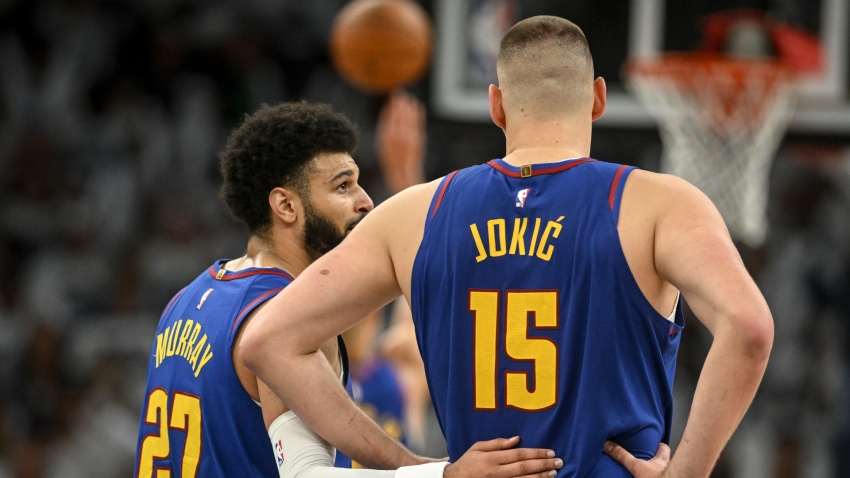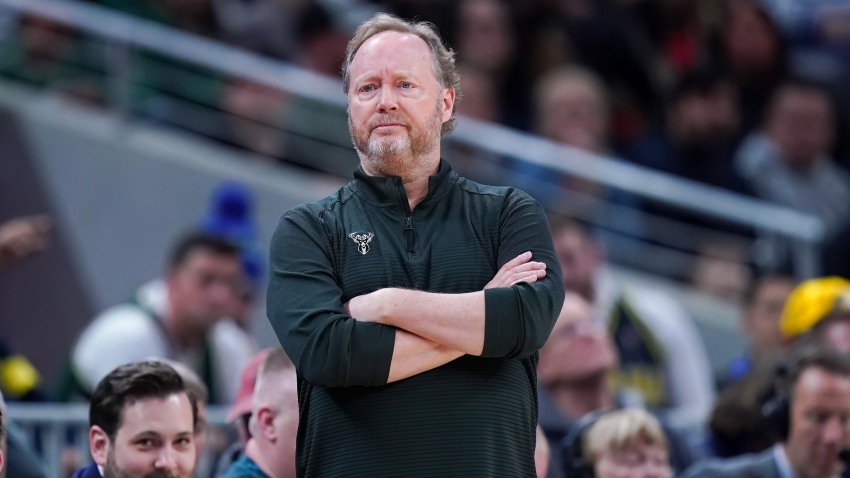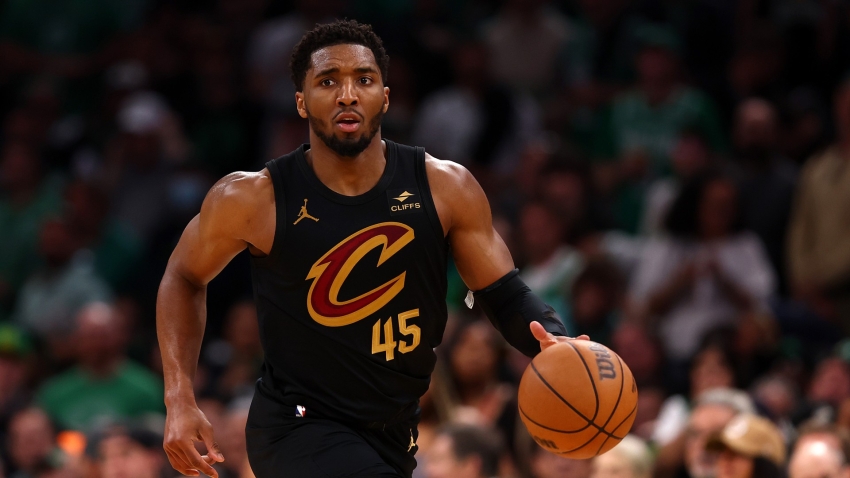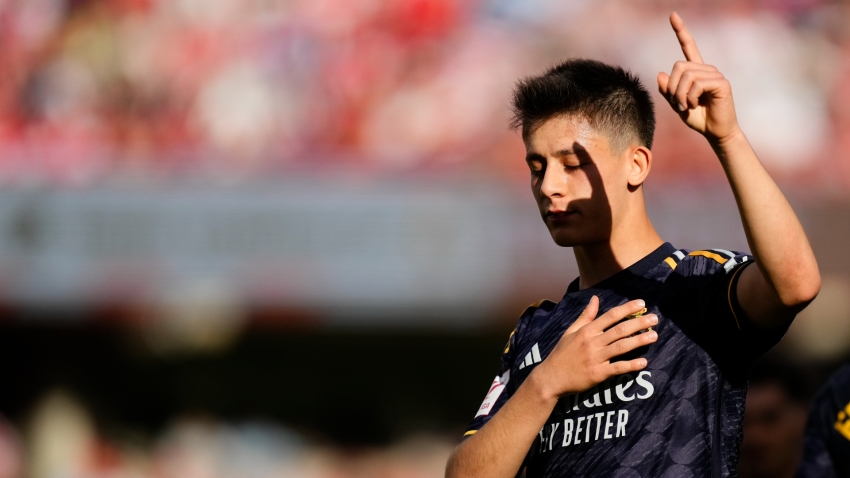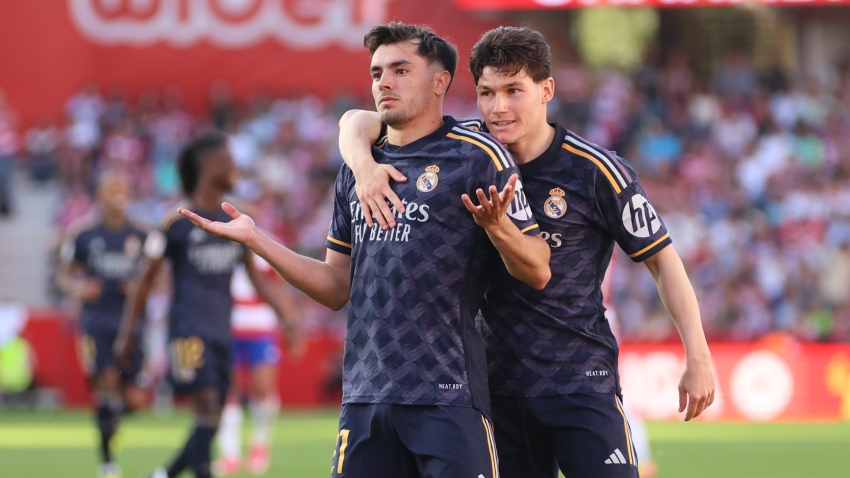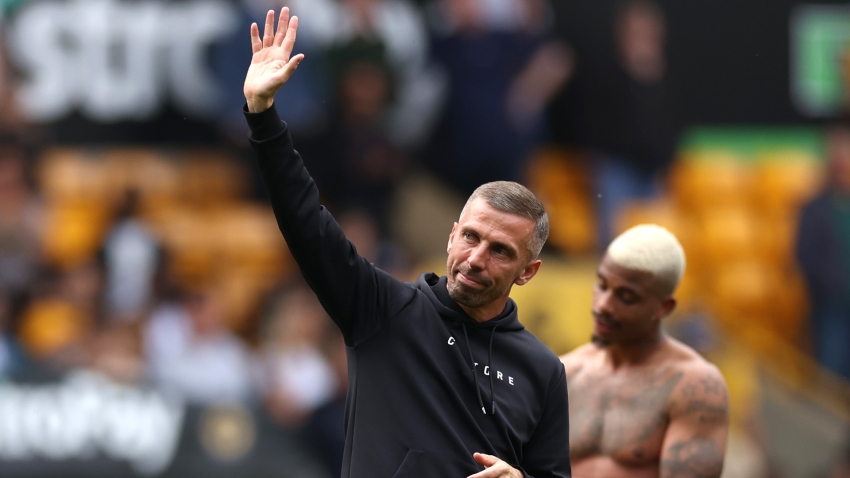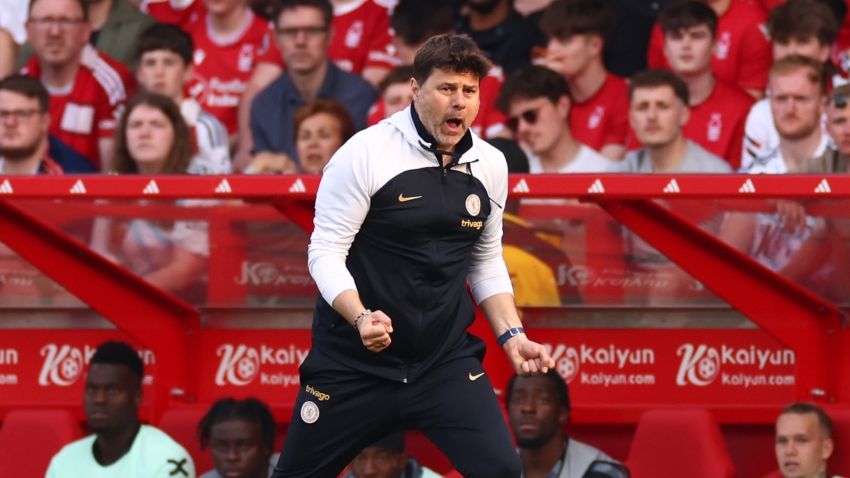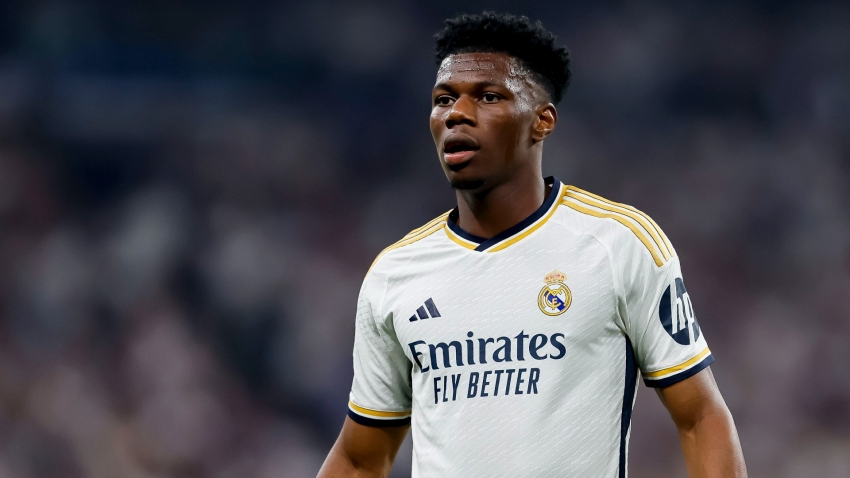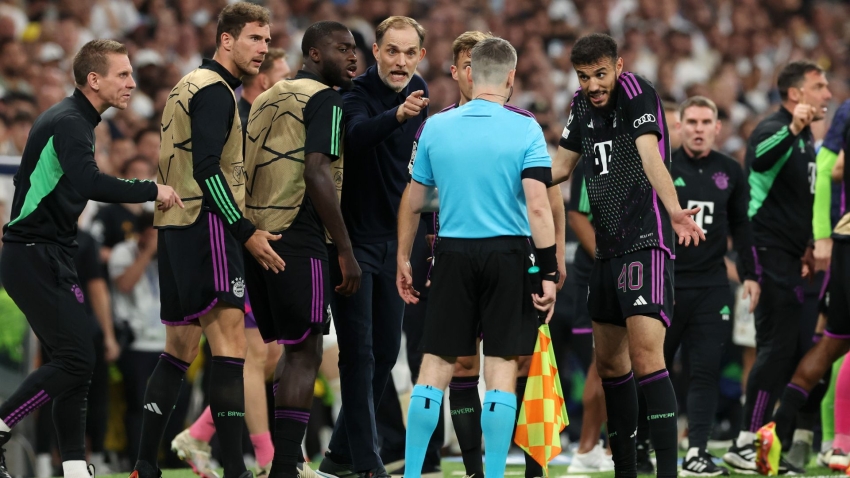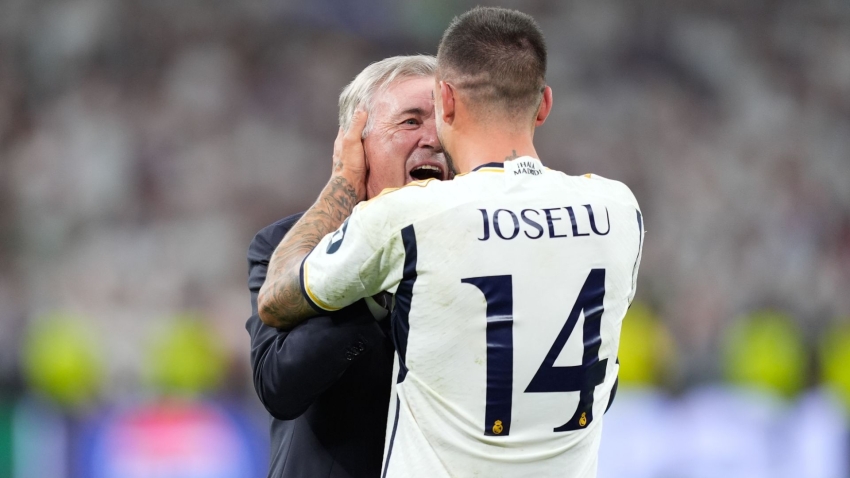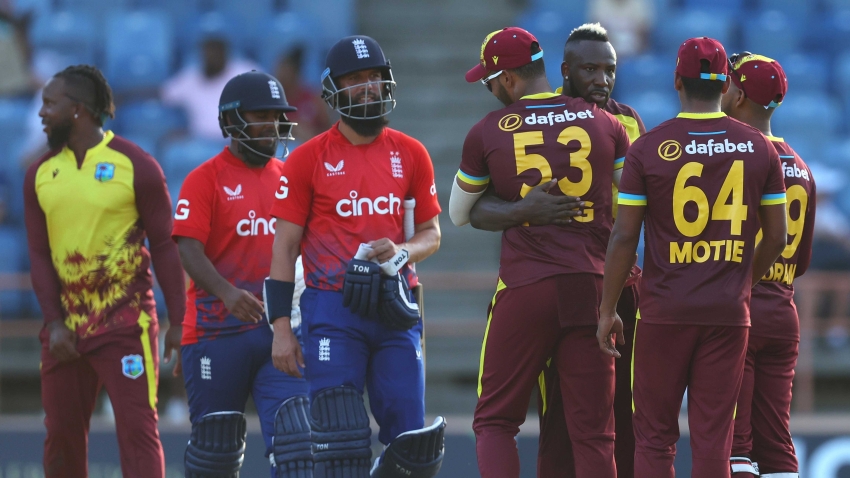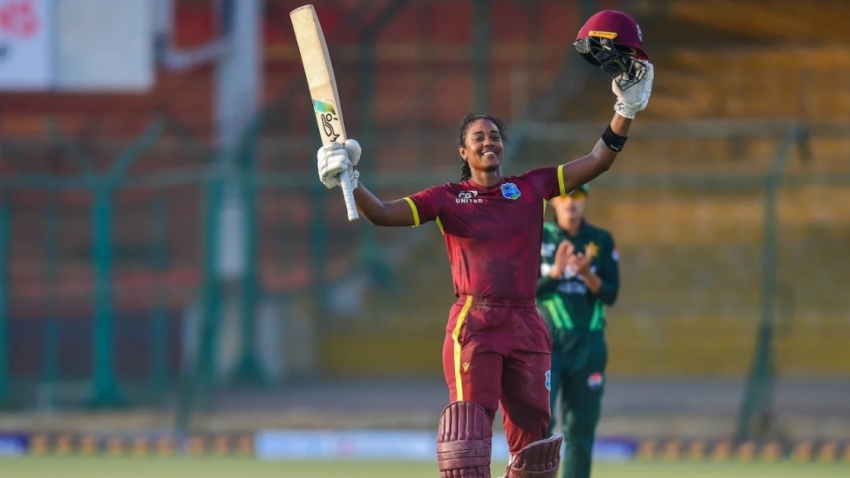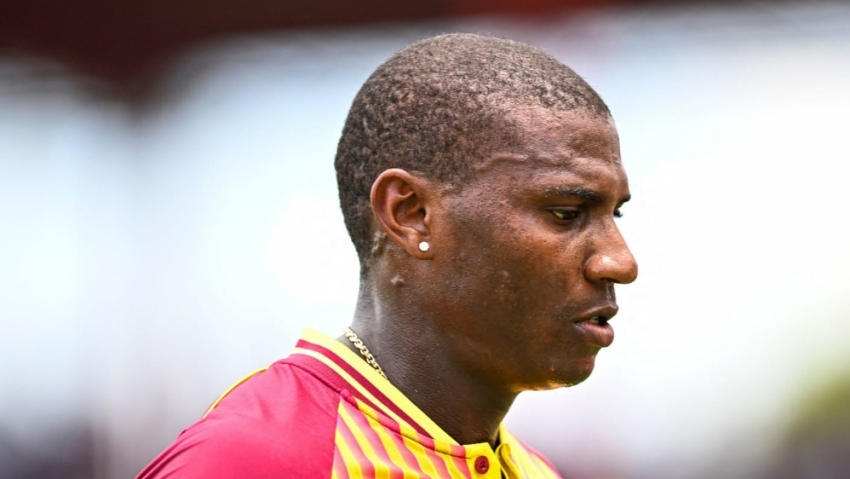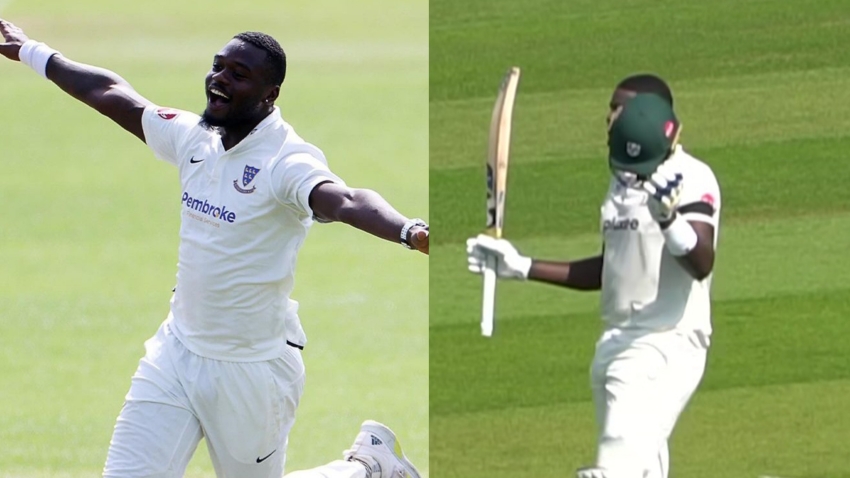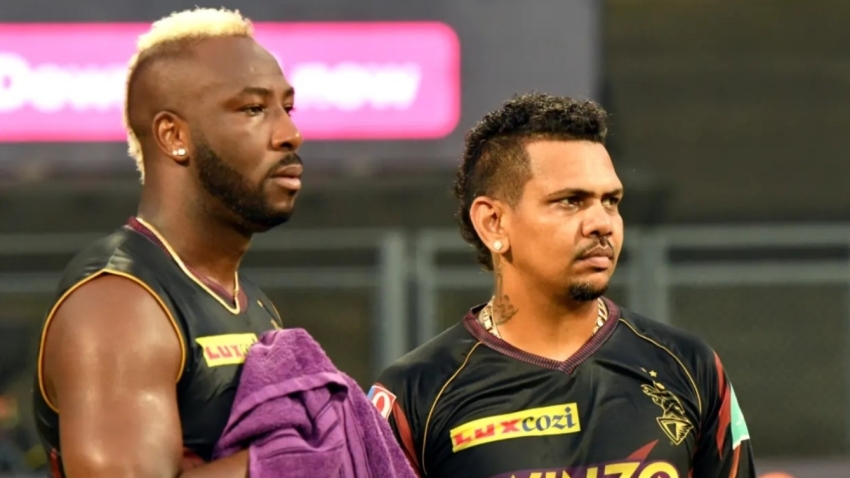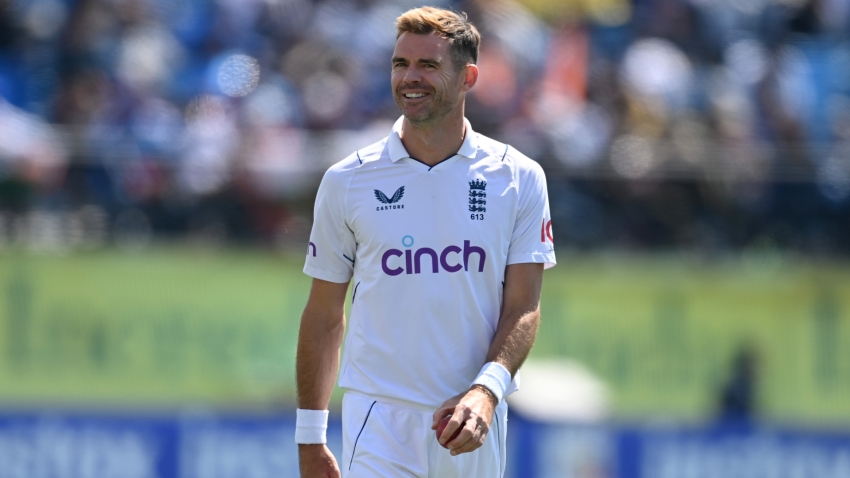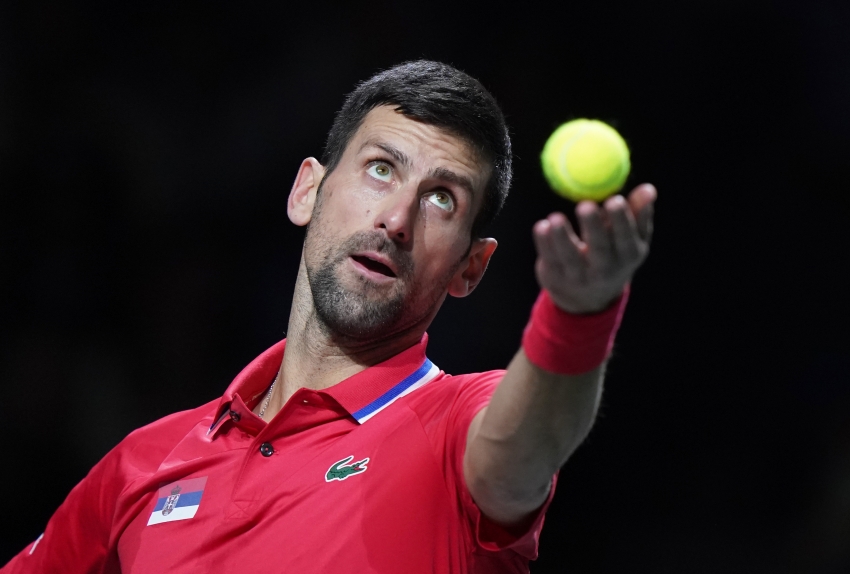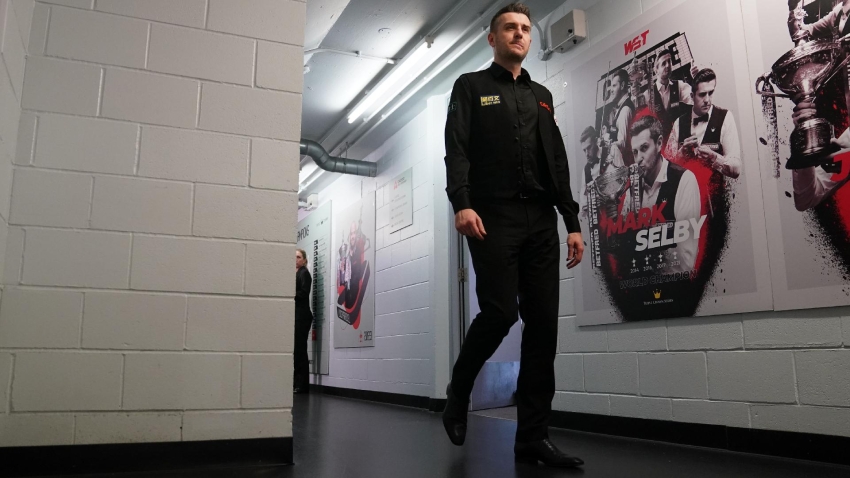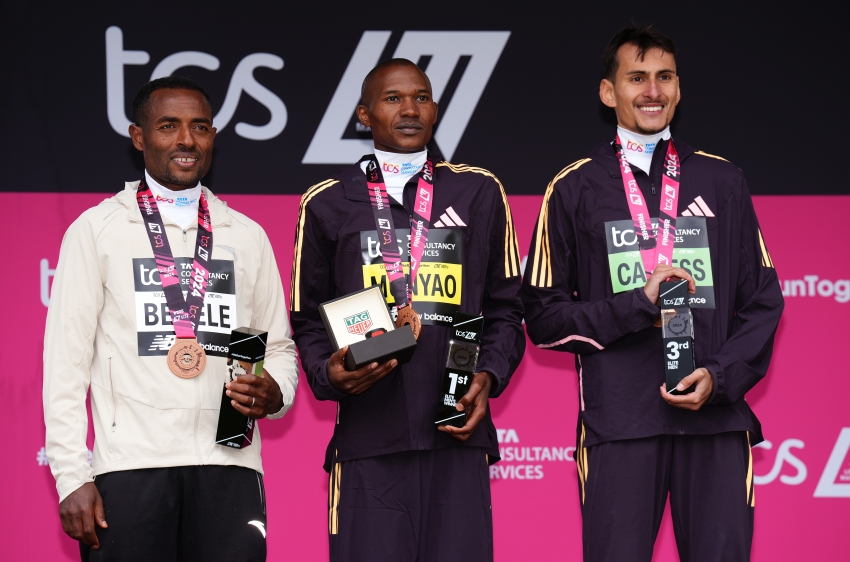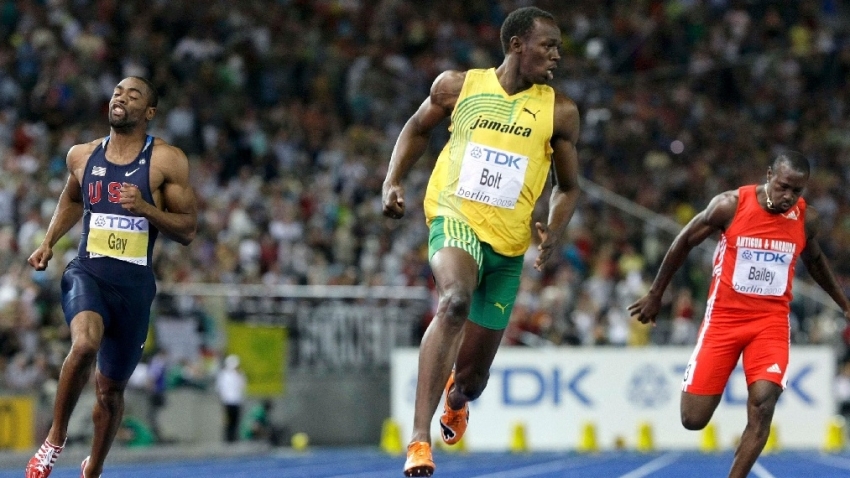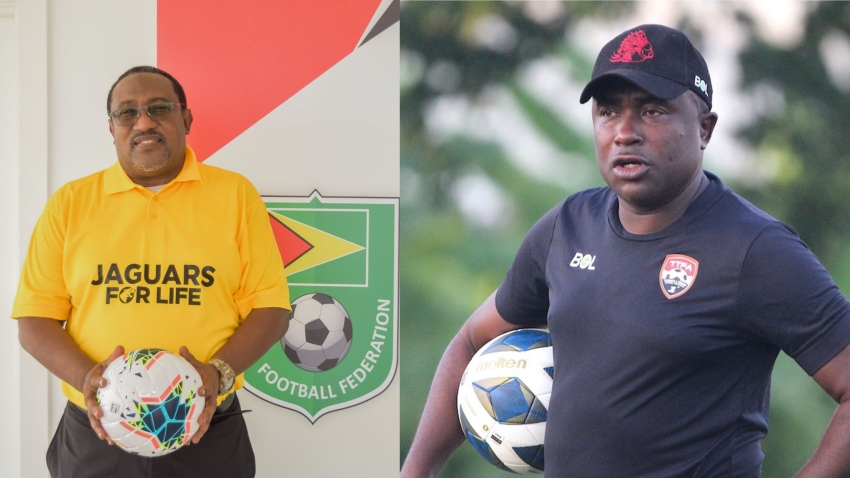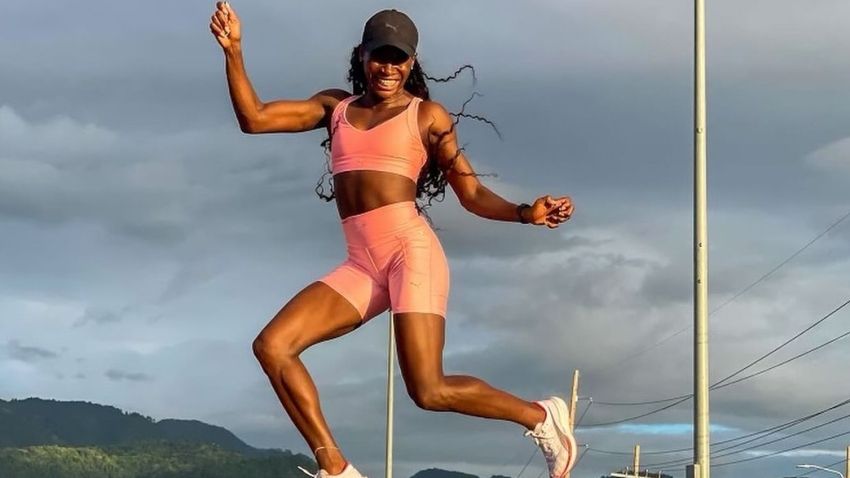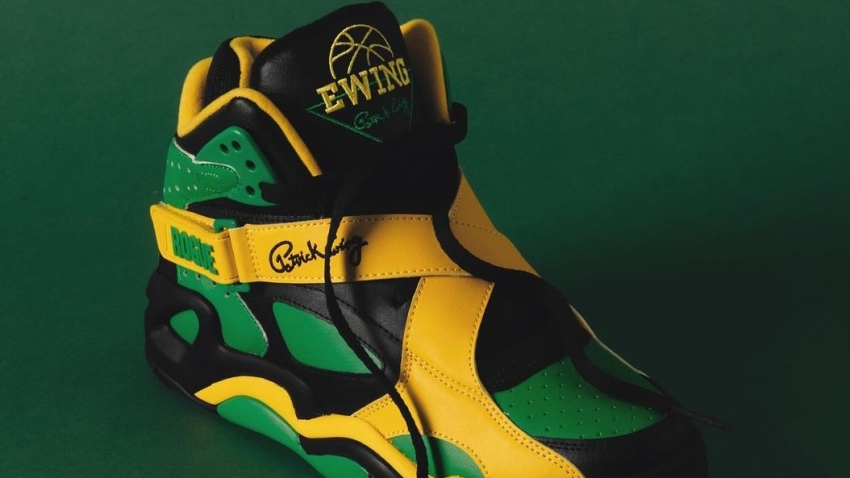Emile Cairess dedicated his stunning run at the London Marathon to his cousin, who was left in a coma after a car crash earlier this year.
Cairess finished third in the second fastest time by a British man in two hours, six minutes and 46 seconds.
The run should rubber-stamp his place Great Britain team for this summer’s Olympics.
But Cairess’ immediate thoughts were with his 22-year-old cousin, Oliver Burton, who is still in hospital but out of intensive care.
“He’s my little cousin, like a little brother to me, and a couple of months ago he was in a bad accident,” said Cairess, 26.
“He was in a coma for about a month and just came out of ICU a few days ago,
“It was so stressful, it was touch and go at some points but he’s made a fantastic recovery in the last couple of weeks.
“This morning I was really emotional. Hopefully I’ve made him proud today.”
Cairess did not even know he was third, behind winner Alexander Munyao of Kenya and 41-year-old Kenenisa Bekele, until about 200m from the finish line.
“I heard it over the tannoy,” he added. ” I passed about four people in the space of a minute around the 39km mark and I thought I’d already passed a few from the front group.
“I was like ‘there can’t be many more left so I must be in a decent position’ but I didn’t know, I could have been sixth or seventh. When I heard I was third it was a great feeling.”
Another Briton, Mahamed Mahamed, finished fourth, making it the first time two home runners have finished in the top four since Kevin Forster and Hugh Jones in 1988.
Mahamed was catching Cairess in the closing stages and although he could not quite overhaul his team-mate, he was still inside the Olympic qualifying time.
“Me and Mahamed have been racing since we were 13, so we’ve always been neck and neck,” said Cairess.
“We’ve always progressed together so it’s fantastic to see him doing so well. A lot of people drop out of the sport but we kept going and it’s paid off for us.”
Munyao managed to shake off veteran Ethopian Bekele, who was bidding for a first London Marathon win some 20 years after he took Olympic 10,000m gold, with around three miles to go.
“At 40km I thought I could win the race,” he said. “It’s the biggest win in my career because it is my first major marathon.
“There was a little fear because I know Bekele is a threat but I was confident over the last few kilometres.”
Before the start of the men’s race and the mass race, tributes were paid to last year’s winner Kelvin Kiptum, who died in a car accident in February.
Olympic champion Peres Jepchirchir smashed the women’s-only world record to win a thrilling women’s race.
The Kenyan kicked for home as she turned on to The Mall and won in 2:16.16.
Four runners were in with a shout down the final straight and Ethiopia’s Tigst Assefa came in second, ahead of Joyciline Jepkosgel in third with Megertu Alemu fourth.
The previous world record for a women-only race was 2:17.01 by Mary Jepkosgei Keitany in London in 2017.
“I’m so happy for today’s victory,” said Jepchirchir. “I wasn’t expecting to run a world record. I thought there might be one – but I didn’t think it would be me.”
Marcel Hug won a record fourth-consecutive men’s wheelchair race, the Swiss ‘Silver Bullet’, 38, clocking 1:28.33.
Daniel Romanchuk of the United States was second with Britain’s David Weir third in his 25th consecutive London Marathon.
Weir, 44, said: “Keeping up with Marcel for 20 miles, it was one of the best races I’ve done on this course.
“Some of these guys are 10 or 20 years younger than me. But I promised myself I’d come back and get on the podium.”
The women’s wheelchair race was won by a distance by another Swiss, Catherine Debrunner.


